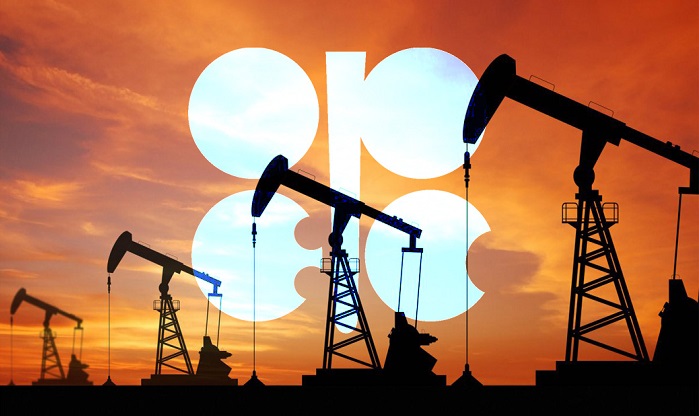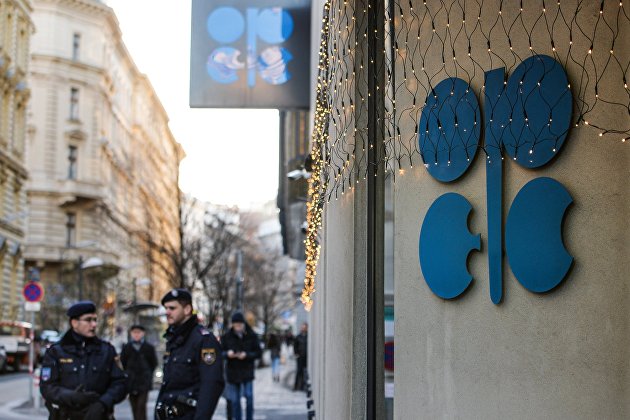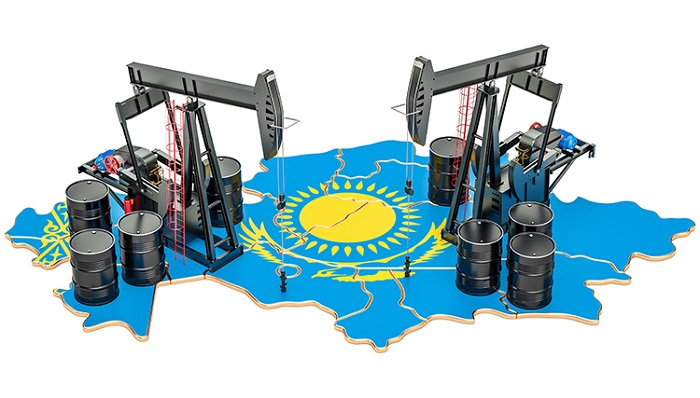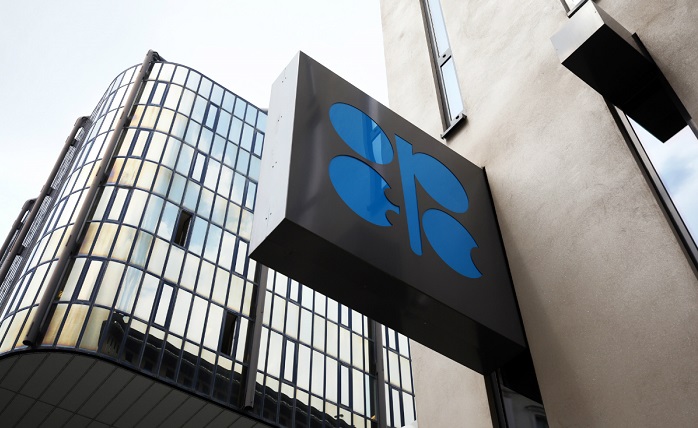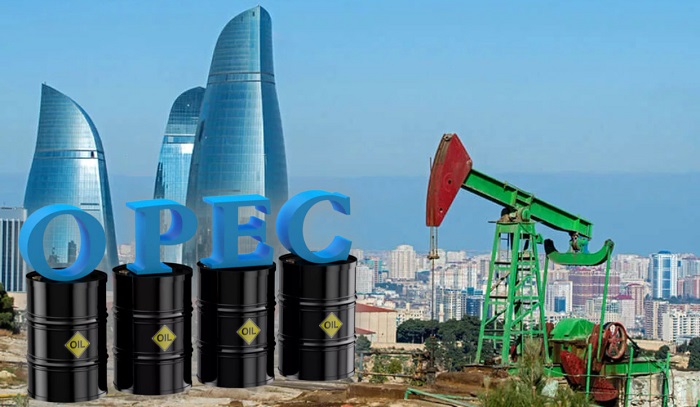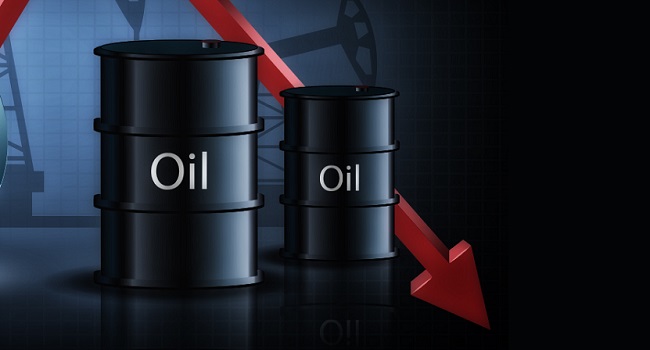Talks between OPEC and its allies are zeroing in on a delay to next year’s planned oil-output increase of three to six months, according to several delegates
Saudi Arabia and Russia, leaders of the 23-nation coalition, have already indicated publicly that they are thinking twice about easing production cuts in January as the resurgent pandemic hits fuel demand.
The presidents of both Russia and the Organization of Petroleum Exporting Countries have even mentioned the option of cutting production deeper. This idea hasn’t garnered widespread support so far among other members, one delegate said.
Less than three weeks before members meet to take a final decision, the alliance is instead increasingly focused on maintaining the current cutbacks into early 2021, the delegates said, asking not to be identified as the talks are private. The alliance is keeping about 7.7 million barrels a day off-line right now, or 8% of global output.
Vaccine Surprise
The vaccine announced this week by Pfizer Inc. could revive fuel demand in mid-2021, allaying the need to pare supply further, one delegate said. Oil prices rallied to a 10-week high above $45 a barrel in London on Wednesday in response to the scientific breakthrough.
However, the immense logistical challenges of deploying a vaccine to billions of people mean it won’t materially alter oil-market conditions over the next six months, a delegate said. So the development doesn’t guarantee that producers can open the taps in January as originally planned.
OPEC is also having to contend with the return of supply from members that are exempt from cutting production. After a truce in its civil war, Libya has revived output to the highest level in almost a year. Traders expect Iran will resume exports in 2021 after President-Elect Joe Biden reactivates an accord on the country’s nuclear program.
Deal Tweaks
Saudi Arabian Energy Minister Prince Abdulaziz bin Salman said on Monday that OPEC and its partners can “tweak this agreement” as necessary.
It already did so earlier this year, postponing a 2 million barrel-a-day output hike from July to August. The cartel had aimed to restore a similar amount of production in January, in expectation that a rebounding global economy would stimulate fuel use.
But a surge of infections is triggering new lockdowns, sapping demand for transport fuels and making those hopes less feasible. The monthly report from OPEC’s Vienna-based secretariat cut projections for the amount of crude the world will need from the cartel for almost every quarter to the end of 2021. It warned the pandemic’s effects on consumption will “linger” next year.
Since OPEC+ forged the current production agreement back in April, Riyadh and Moscow have consistently tried to shape expectations. They have, on occasion, opted for more aggressive measures than the market was expecting, keeping the moves under wraps to maximize the impact on prices.
Russian President Vladimir Putin said on Oct. 22 that “if necessary we can take a decision on further cuts,” while adding that he saw no immediate need to do so. Algerian Energy Minister Abdelmajid Attar alluded to the possibility again on Wednesday. Saudi Arabia’s Prince Abdulaziz has warned repeatedly that it would be unwise for short sellers to bet against him.
Nothing is certain until ministers hold an online meeting from Nov. 30 to Dec. 1. The United Arab Emirates, which has recently chafed at its OPEC commitments, emphasized on Monday that consensus is necessary for the deal to be amended.
“We have to be all convinced that tweak is required,” Energy Minister Suhail Al Mazrouei said at the online Adipec conference.



